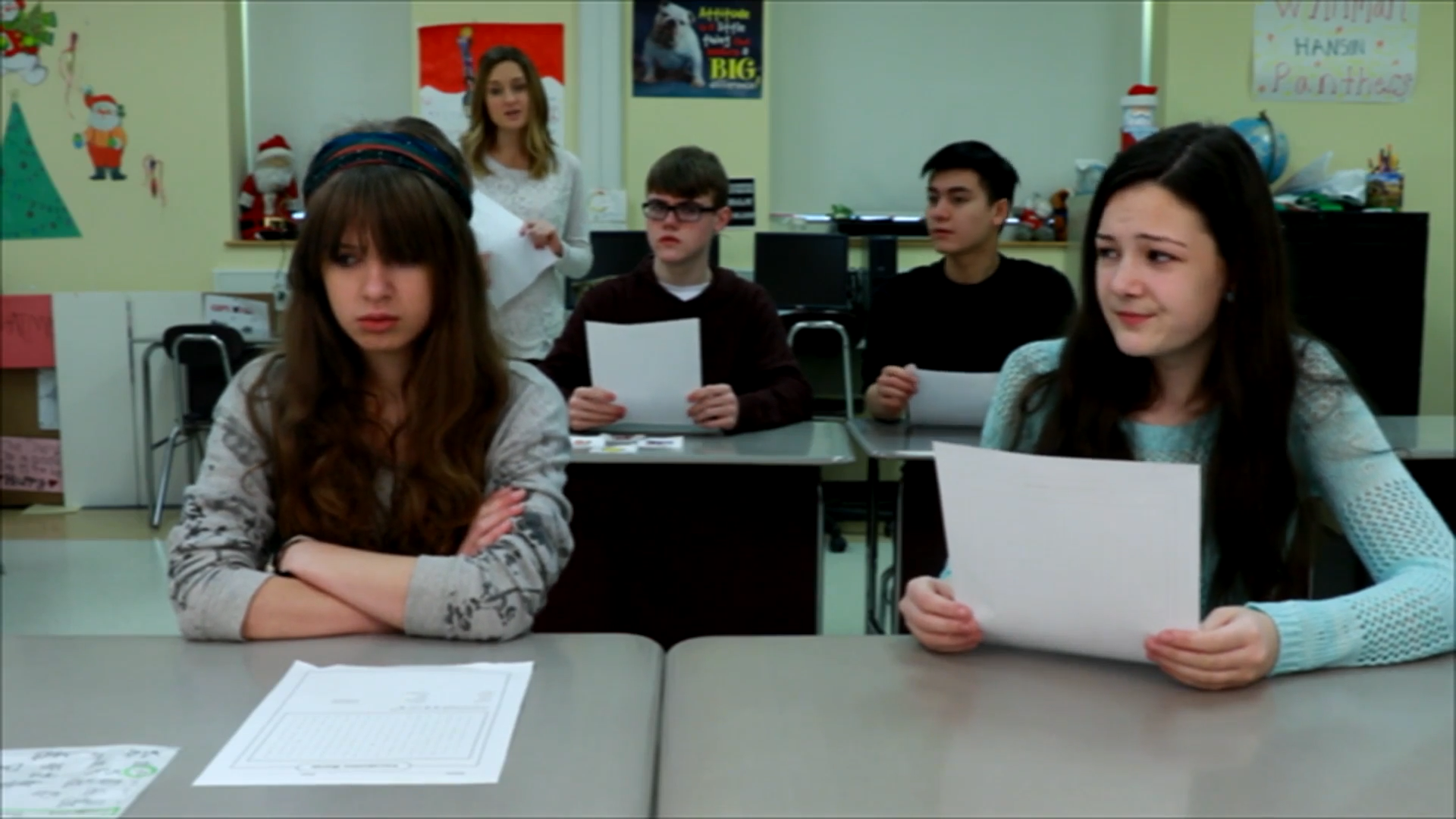
Introduction
Disappointments are a part of life, and as educators, we have the responsibility of teaching our students how to cope with them in a healthy and mature manner. In this blog post, we will discuss an activity that requires no preparation or materials from the educator. We will also provide discussion questions and related skills for further exploration. By incorporating principles of Social-Emotional Learning, we can help students learn to manage their emotions and respond appropriately when faced with setbacks.
No-Prep Activity
This activity is called “The Disappointment Role-play.” It aims to help students practice handling disappointments in a mature and respectful way. Here’s how it works:
- Divide the class into small groups of 3-4 students.
- Ask each group to come up with a scenario where one of the students experiences a disappointment (e.g., not getting the grade they wanted, not being picked for a team, etc.).
- Have each group role-play the scenario, with one student acting as the disappointed person, and the others as classmates or teachers.
- After the role-play, discuss with the group how the disappointed student handled the situation and how they could have reacted differently.
By practicing different responses to disappointments, students can learn to manage their emotions and consider the feelings of others in similar situations.
Discussion Questions
- Why is it important to handle disappointments maturely and respectfully?
- Can you think of a time when you were disappointed? How did you handle it, and what could you have done differently?
- How can we support our classmates when they are feeling disappointed or upset?
- What are some strategies to cope with disappointments in a healthy way?
Related Skills
Besides learning to handle disappointments, there are other essential skills that students can develop to improve their social-emotional well-being. These include:
- Empathy: Understanding and sharing the feelings of others.
- Active listening: Giving full attention to the speaker and asking appropriate questions to ensure understanding.
- Resilience: Bouncing back from setbacks and learning from failures.
- Self-awareness: Recognizing one’s emotions and understanding how they affect thoughts and actions.
Next Steps
Teaching students to handle disappointments gracefully is just one aspect of Social-Emotional Learning. To explore more skills and activities that can benefit your students, we encourage you to sign up for free samples of various lessons and resources. By incorporating these skills into your classroom, you can help your students develop healthy emotional habits and foster a supportive learning environment.





